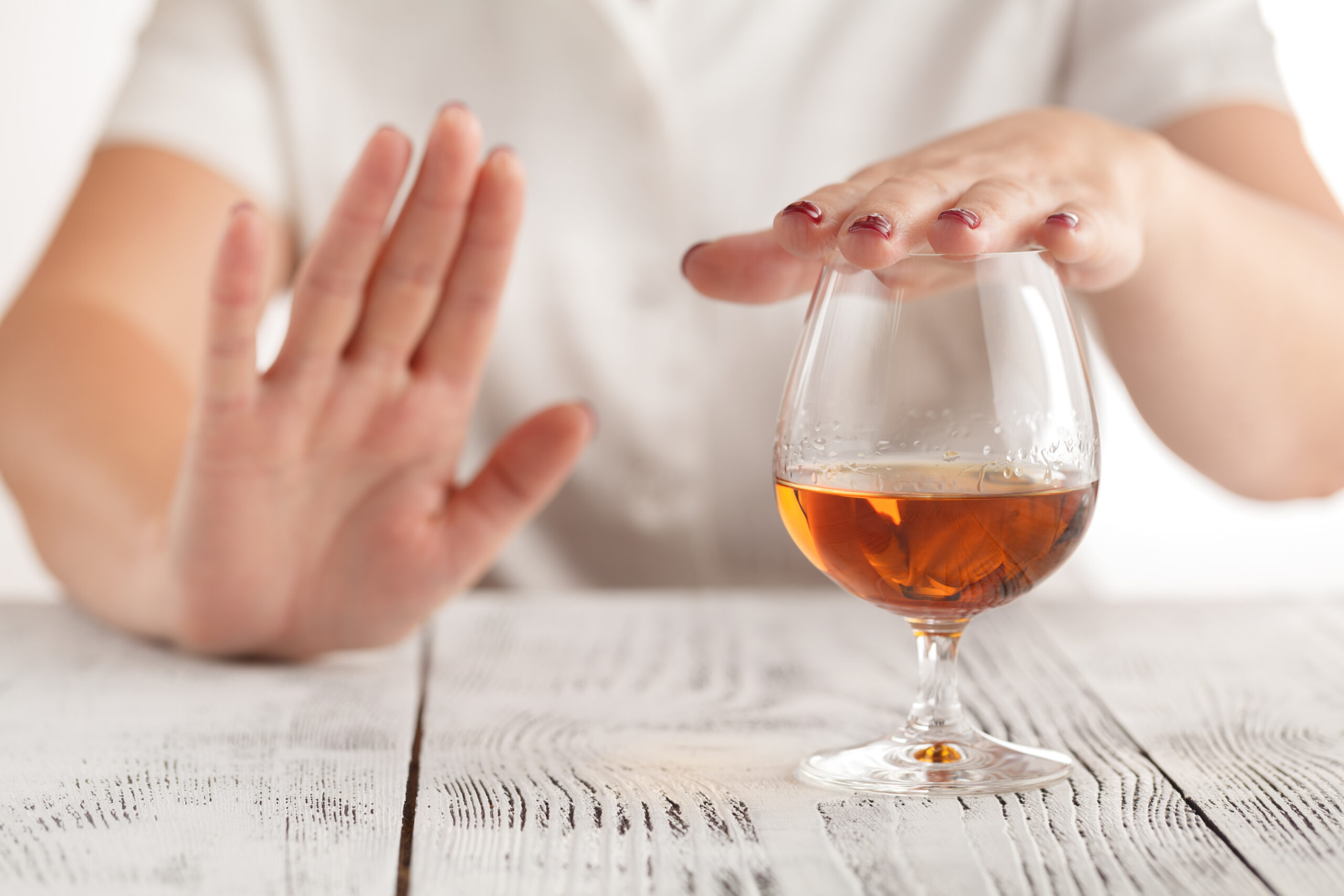If you’re involved in a drug rehab or alcohol recovery program in Salt Lake City, Utah, and the surrounding area, you understand that what happens when you’re on your own at home is just as important as what you accomplish in an inpatient facility. Once you get sober, how do you stay on track? To help you develop a lifestyle filled with healthy habits, we’ve compiled this list of tips.
Involve your community
What are ways your community can help you stay sober? There are lots of people willing to help you in your recovery. Here are a few suggestions for helping them help you:
- Ask your waiter to not offer you drinks
- When you go shopping at the grocery store, immediately tell your cashier that you are in recovery and will be coming through their line, and ask them to make sure you don’t purchase any addictive substances. Then enjoy your shopping without fear.
- Ask your neighbors to not invite you to gatherings where there might be alcohol or drugs
Avoid triggers
Have you noticed that certain situations, people, holidays or memories make you want to drink or use more? Speak to a therapist about your triggers so that you can develop strategies for avoiding them. Many addictions are tied to past trauma, and talking things over with a therapist can help you stay in recovery long-term.
Involve your family
A foundation of support from your family members can make a world of difference in helping you stay in recovery. Here’s some things you can do to involve your family in your recovery:
- Let your immediate family know what your goals are and plan exciting activities to celebrate living sober. For example, for every dollar you would have spent on a substance, put 50 cents toward a family vacation fund.
- Send a group text to your extended family, letting them know that you are in recovery and will be sending them texts about your journey. Send them texts on milestones of being sober: one day sober, one week sober, two weeks sober, a month sober, etc.
- Find a person in your extended family you trust to reach out to on bad days – when you’re feeling stressed or tempted to use.
Recognize relapse warning signs
There are many early signs of emotional and mental relapse before physical relapse occurs. According to American Addiction Center, “A very common warning sign is [the] romanticizing of drug use.” That means that when you’re in recovery, you may start reflecting on your drug abuse and remembering only the positives while blocking out the negatives. This is a potentially dangerous trigger because you might mistakenly start to believe you can use again without consequences. Other relapse warning signs are unpleasant emotions, stress, depression, poor eating or sleeping habits, and reestablishing connections with people and places that were part of the addiction.
Establish healthy relationships
Relationship stress can have a huge effect on your emotional wellbeing. Addiction can cause rifts in many relationships, and mending these can take time. Establishing new healthy relationships and rebuilding meaningful relationships can help give you the emotional stability you need to stay sober long term. On the flipside of establishing healthy relationships is avoiding unhealthy relationships. Friends who use drugs or alcohol can weaken your resolve to stay sober. If you had a certain bar, club, or place associated with your addiction, make sure to avoid that place as well.
Remind yourself of your reasons to stay sober
Many individuals in recovery find it helpful to write down a list of all the reasons to stay in recovery. Step 1 of Alcoholics Anonymous is admitting “we were powerless over alcohol and that our lives had become unmanageable.” This can be something to add to your list of reasons to stay in recovery. The important relationships mentioned above can also be good reasons.
Have an exit strategy
Going to be at an event? Plan out ahead of time how you will refuse substances politely, or how to tactfully remove yourself from a situation that might lead to a relapse. Having these plans in place before a situation arises can improve your mental fortitude.
Practice self-care
Addiction is a disease. A blog contributor to Harvard Health pointed out that an addicted person loses their ability to stop using drugs or alcohol because the prefrontal cortex in their brain no longer functions properly and they simply can’t make the decision to “just say no.” The person needs to find other ways to experience feelings of joy and reward, such as interacting with others, exercise and other healthy, pleasurable activities. Important aspects of self-care are:
- Getting enough sleep
- Eating regularly, and maintaining a nutrient-rich diet
- Avoiding isolation
- Planning ‘decompress’ time to enjoy what you love most
- Managing stress
Stick to your treatment plan
One of the early warning signs of relapse is starting to believe that you can be casual about your treatment plan. Attend all your groups. Every single one. Take the medications that have been prescribed to you. Attend all your therapy sessions. Take those steps that your therapist recommends and commit each day to living sober.
If you do relapse, seek professional help. If you need to obtain sobriety, Salt Lake Behavioral Health has a 30-day rehabilitation program for those needing inpatient treatment. We accept Medicare, VA, and Tricare. We also offer an Intensive Outpatient Program for substance abuse.
If you need help getting back on the path to sobriety, call the admissions office at our Salt Lake City, Utah, behavioral health treatment center at 801-455-3431.

